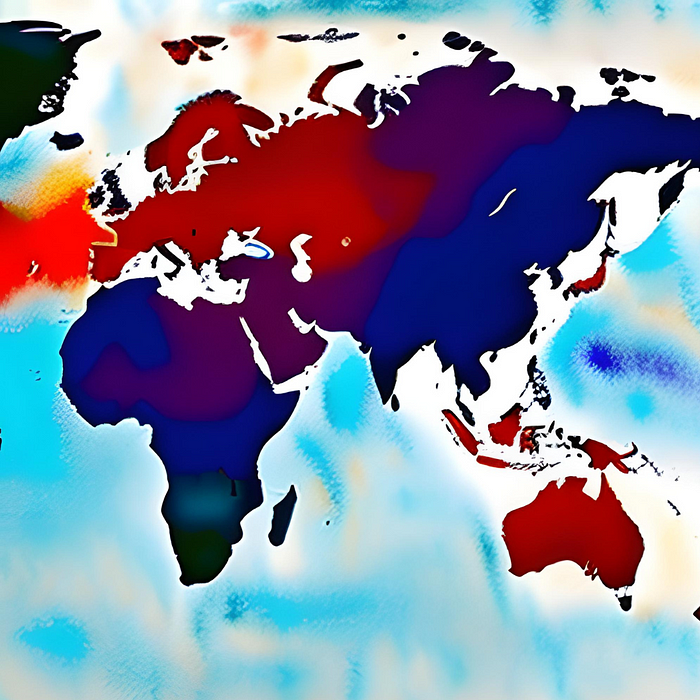Harnessing AI for Climate Change Solutions: A Sustainable Future
Written on
Introduction to AI's Impact on Climate Change
Climate change represents a significant challenge that humanity must address, impacting our planet and future generations. In this context, advanced technologies such as Artificial Intelligence (AI) are becoming vital in crafting effective solutions for climate change. AI's capability to process extensive data, enhance operational efficiencies, and support informed decision-making could transform our approach to climate issues and foster a more sustainable world.

The Role of AI in Climate Modeling and Prediction
One area where AI is making a significant impact is in climate modeling and forecasting. By employing machine learning algorithms, scientists can gain deeper insights into climate trends, predict severe weather incidents, and evaluate the long-term impacts of climate change. These algorithms analyze historical climate datasets and satellite images to create more precise climate models, aiding policymakers and communities in making informed decisions regarding resource allocation and disaster preparedness.
The Potential of AI in Energy Efficiency
AI is proving to be a powerful ally in optimizing energy use and enhancing efficiency across numerous sectors. Intelligent grid systems, driven by AI, can effectively balance energy supply and demand, minimizing waste and improving distribution. Furthermore, AI algorithms optimize processes in industries and transportation, which can significantly lower greenhouse gas emissions and carbon footprints. From smart homes to intelligent urban centers, AI is pivotal in the shift towards cleaner energy consumption.
Innovative Strategies for Climate Change Mitigation
In the realm of climate change mitigation, AI is pioneering novel approaches, particularly in carbon capture and storage. Machine learning techniques can pinpoint ideal locations for carbon capture and evaluate the effectiveness of different methods. AI also enhances renewable energy technologies, such as solar and wind, making them more efficient and affordable alternatives to fossil fuels.
AI's Contribution to Wildlife Conservation
As biodiversity loss is closely tied to climate change, AI is crucial in wildlife conservation initiatives. Tools powered by AI can monitor ecosystems, identify at-risk species, and track illegal activities like poaching and deforestation. By delivering real-time insights, AI enables conservationists and environmental organizations to implement proactive strategies to safeguard biodiversity and protect vulnerable ecosystems.
Advancing Sustainable Agricultural Practices
The agricultural industry significantly contributes to greenhouse gas emissions; however, AI is facilitating a transition toward more sustainable farming methods. Precision agriculture, driven by AI, allows farmers to optimize water usage, reduce the application of pesticides and fertilizers, and enhance crop yields. By decreasing waste and conserving resources, these AI-driven solutions encourage more environmentally friendly and resilient agricultural practices.
Conclusion: Embracing AI for a Sustainable Future
As the urgency to combat climate change escalates, recognizing AI as an essential partner in this global effort is critical. AI's ability to handle complex data, facilitate informed choices, and drive innovation is reshaping our approach to climate solutions. By utilizing AI in climate modeling, energy optimization, carbon capture, wildlife protection, and sustainable agriculture, we can work towards a sustainable future for our planet. Collaborative actions among researchers, policymakers, industry leaders, and technology experts are vital to unlocking AI's full potential and ensuring a greener, more resilient world for future generations.
Chapter 1: AI in Climate Change
In the TED Talk titled "Can AI Help Solve the Climate Crisis?," Sims Witherspoon discusses the transformative potential of AI in addressing climate challenges, highlighting various innovative applications and strategies.
Chapter 2: AI for Climate Change Mitigation
The video "Artificial Intelligence for Climate Change Mitigation" elaborates on how AI technologies can significantly contribute to reducing climate impacts through various mitigation strategies and sustainable practices.